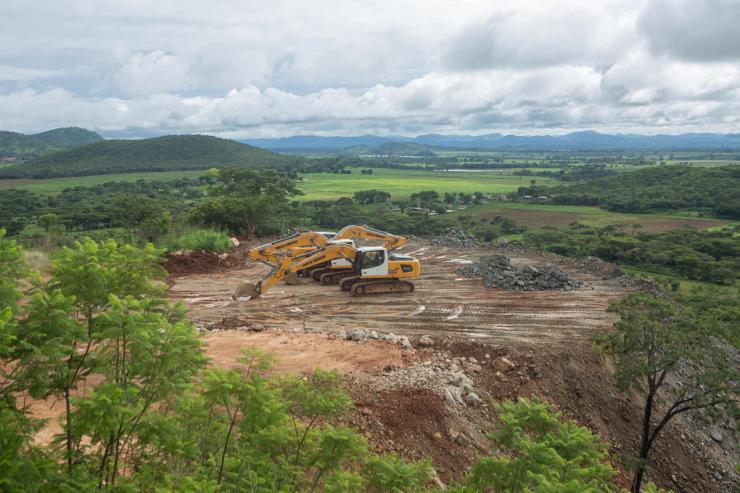As the EU-Africa Summit reconvenes in Angola this year, even the most optimistic observer will struggle to find substantive achievements from the triennial meeting.
That’s because a quiet reality stalks Europe: Global economic power has shifted eastward, and Europe, increasingly overshadowed by the US and Asia, risks becoming irrelevant.
Meanwhile, Africa’s vast mineral wealth and booming youth population remain underutilized. Both continents face existential challenges — but each also holds the solution to the other’s dilemma. A reimagined relationship can deliver an Afro-European economy that matches Asia in vibrancy and is larger than that of the US.
To deliver this outcome, instead of nostalgic protectionism, Europe will have to make a bold pivot — placing a strategic bet on Africa, not as a charity case, but as a partner. Europe’s aging population and shrinking workforce have left industries scrambling to fill labor shortages. By 2050, the continent will have 95 million fewer working-age people than it did in 2020. Nearly two-thirds of small and medium-sized businesses said in a recent European Commission survey that they cannot find the talent they need. The Commission also identified 42 occupations that have shortages. In contrast, Africa will be home to one in four people on Earth, boasting the largest labor force and a growing consumer class. But without investment, this demographic boom could become a liability — driving unemployment and instability.
Imagine a new compact: Europe supplies capital and technology to Africa’s infrastructure, agriculture, and green industries — not as aid, but as long-term investment. In return, Africa provides labor, growing markets, and renewed dynamism to Europe.
A coordinated visa system would allow graduates to work in Europe, addressing its labor shortages while sending remittances home and gaining global experience. This isn’t brain drain — it’s brain circulation.
We’ve seen hints of this model before. African labor helped rebuild postwar Europe, and African health care workers remain essential to European systems. But those were products of colonial history. Now, the relationship must be redefined by mutual interest and strategic alignment. In this reimagined partnership, African cities could host parts of European supply chains displaced by geopolitical tensions in Asia.
But this future is not guaranteed. Europe may continue with fragmented aid and harsh immigration policies. Africa may remain trapped by weak governance and fragmented markets. Yet the continent with the most to gain from Africa’s rise is Europe — but only if it acts accordingly.
Human capital, critical minerals, and energy present three areas of immediate action.
Germany, Italy, Spain, and even Serbia are either signing or negotiating labor mobility contracts with various African countries. Creating an AU-EU standard will ensure that these contracts are mutually beneficial.
In the much touted “scramble” for critical minerals in Africa by China, Europe, India, the US, and the UAE, few are factoring processing the lucrative metals within Africa. But through Global Gateway — the EU’s infrastructure investment initiative — Europe could offer African partners a plan that includes processing minerals on the continent. Europe can also go beyond simply extracting minerals: The high-energy demands of processing minerals in Africa present an opportunity for Europe to enter “Energy Security Compacts” with African countries. This would reduce energy dependence, diversify supply chains, and bolster economic stability, advancing both European and African interests.
Africa doesn’t need a patron. It needs a partner. And if Europe has the courage to embrace this partnership, both continents can secure their place in a reshaped global order.
W. Gyude Moore is Liberia’s former minister of public works. He is a Distinguished Fellow at the Energy for Growth Hub.


